So many chapters of learning, growth, and wisdom. I was fewer than five years sober when my book Drink was published in 2013. That was another lifetime: I had done the heavy lifting of early sobriety but had yet to build the muscular growth essential to long-term recovery.
This growth—and what contributes to it: this is the essence of my recent writing. What is essential, and what falls away? For a long time, we live in the liminal space of learning how we choose to shape our lives: not quite Point A, certainly not Point B.
On this journey, nothing has helped me so much as my own journaling, adding to my library of red-covered diaries. On more than one occasion, writing has saved me. As Joan Didion wrote:
“We tell ourselves stories in order to live...We live entirely, especially if we are writers, by the imposition of a narrative line upon disparate images.”
Join me on Wednesday, April 12. I promise: your life will shift.
On April 12, at 11:00 am or 6:30 pm ET (your choice)—we will launch the next sessions of Writing Your Recovery, my eight-week memoir-writing class. WYR distills everything I have learned about recovery and writing, after 45 years of editing and almost 15 years living alcohol-free.
This is a life-transforming class. To get the most out of the experience, you needn’t have your own history of alcohol use. We are all in recovery from something—be it grief or sadness, an eating disorder, or a toxic work environment. The list goes on. We all have a story to tell. Mine your life for the story you are meant to share. Find your authentic voice, and begin metabolizing, through writing, your past. Join with the button below.
Now For The News We All Saw Coming
So: it finally happened—the saddest news in ages, and exactly what I predicted in my book Drink: The Intimate Relationship Between Women and Alcohol.
The National Institute on Alcohol Abuse and Alcoholism in the U.S. reports that women are binge drinking more than men for the first time in history.
I am not surprised: this has been building for years. Women outpacing men in terms of emergency room presentations, ones related to alcohol intake. With the pinking of the alcohol market since the mid-1990s, the messaging has been blaring: you deserve a drink today.
Take the mummy drinking culture. Take the pressured woman with children at home, who has weathered the tough years of COVID, juggling work and the emotional labour of running a family, or dealing with trauma, grief, and the wish to numb. For her, alcohol is often the Number One stress reliever—and a socially acceptable one at that.Alcohol consumption, already a top decompression tool before the pandemic, turned epidemic for women in those difficult years.
Now we have the news, and the news is not pretty. As a woman who grew up with a severely alcoholic mother, and who has had her own alcohol issues, I find this announcement beyond sad: for women, for their children and families, and for the world.And this news comes as we are absorbing the message science has delivered: no amount of alcohol is “good for you.”
Recently, the World Health Organization stated that when it comes to alcohol consumption, there is no safe amount. Period.
Recently, Canada released its new low-risk drinking guidelines. The message was stark: the only safe consumption is two measured drinks per week—five ounces of wine, for instance. Any more, and you run the risk of cancer or cardiovascular issues, and violence. The list continues. All this in the spirit of: you have a right to know.
This news landed hard in a country of enthusiastic drinkers—fully 80 percent of Canadians aged 15 and over consume alcohol. What is interesting is that the news echoed right around the world, with more than 2,500 original articles about the new guidelines, reaching more than six billion internationally.
Canada’s low-risk drinking guidelines offer a major—and I would say long overdue—wakeup call: alcohol is a carcinogen, and more.
The fact that alcohol is a carcinogen is not new.
In 2013, I reported this truth in Drink, underscoring the link between alcohol and breast cancer. But I also reported that while 15 percent of breast cancer cases are attributable to alcohol consumption, only five percent of women appreciated this reality. Typically, the public—including many healthcare professionals—have absorbed the false news that red wine is good for your health—a fact I also debunked in my book. These myths die hard.
Will Canada’s new guidelines change our public misconceptions about our favourite drug? Not in the short term. For many, it’s a big pill: the announcement that three to six drinks a week represents a moderate risk for cancer and heart issues. Beyond that? Your risks increase for developing one of seven types of cancer (including breast and colon), most types of cardiovascular disease, liver disease, and being involved in a violent incident.
These guidelines, deeply informed by recent science, are revolutionary.
Without a doubt, there is going to be incredible pushback in the wake of this health news.
It flies in the face of all that people have wanted to believe: that our Number One decompression tool is good for our health. Now, that’s all down the drain. Having done 70-plus interviews on the subject, I think it’s safe to say the public response is cognitive dissonance.
Of course, the overarching questions remain. Will the new guidelines affect behaviour? Is there a parallel with tobacco? In 1964, a definitive report linked tobacco smoking to lung cancer. Although the science was sturdy, it took 35 years for Canada to ban smoking in workplaces and restaurants. The truth is: it may take a generation to see a total shift in how we consume alcohol too.
In recent weeks, the general response has been “I work hard, I pay my taxes, I’m a responsible parent; what I do on a Friday night is nobody’s business.”
Meanwhile, the alcohol industry will be at the ready to fight back: the lobby is robust and has deep pockets. Consider this: in the United States, the industry employs one lobbyist for every two members of Congress. The industry gives generously, and across party lines.
The good news? For those who take their science seriously, the menu of alcohol-free options has never been richer. And for those with a drinking problem? Modern recovery offers a banquet of choices.
And for me, ever the nerd on all things alcohol-related? The world has heard Canada’s clarion call, and the future looks fascinating. For the first time in decades, the ground is shifting.
I will close with this: we live in a culture where we stigmatize those who choose not to drink. “Why not?” asks the well-meaning stranger. “Surely, just one,” says the welcoming host. “It can’t hurt you,” says the other.
Now in my 15th year of living alcohol-free, I am watching this landscape with interest. The story is unfolding, and the future is here. Stay tuned. - ADJ




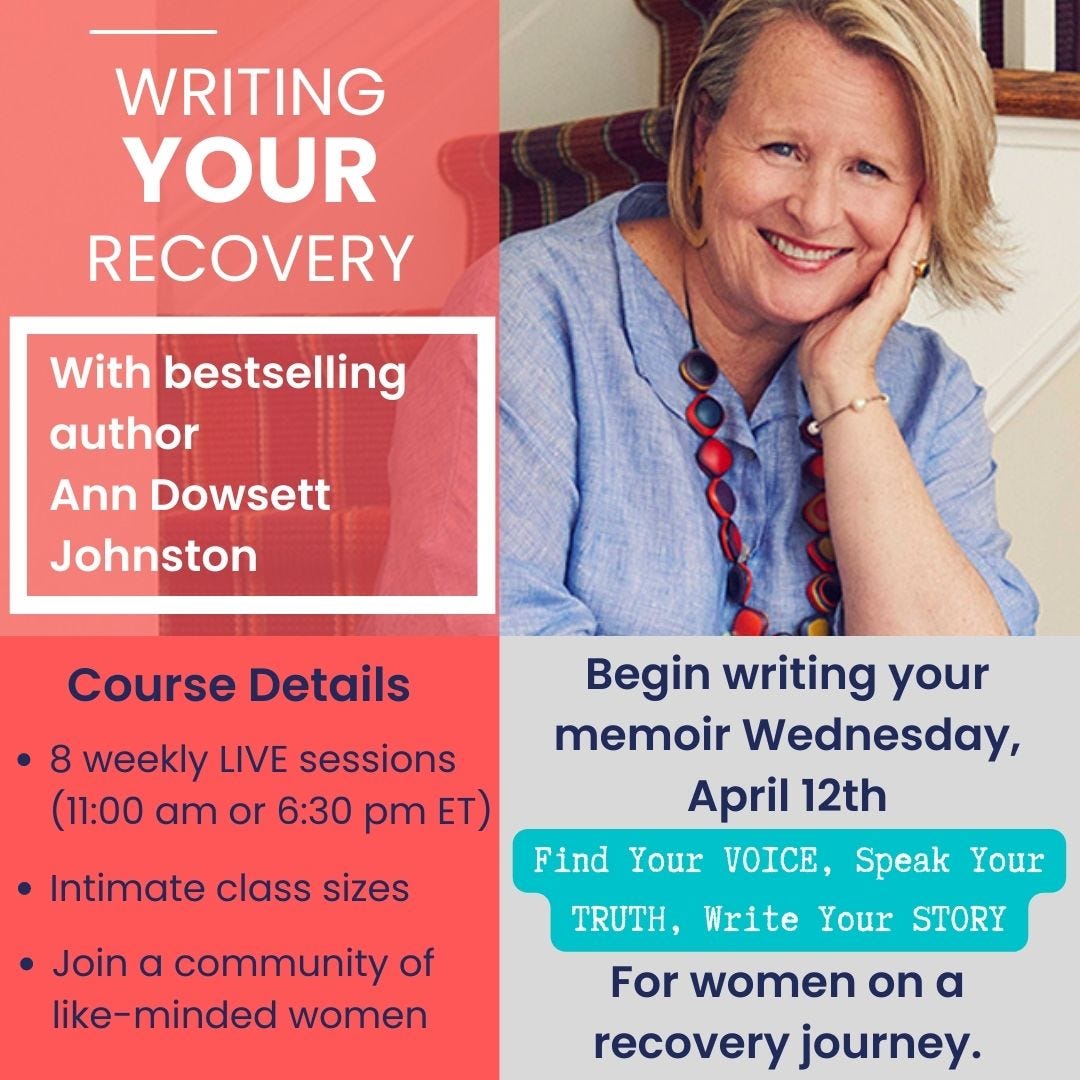
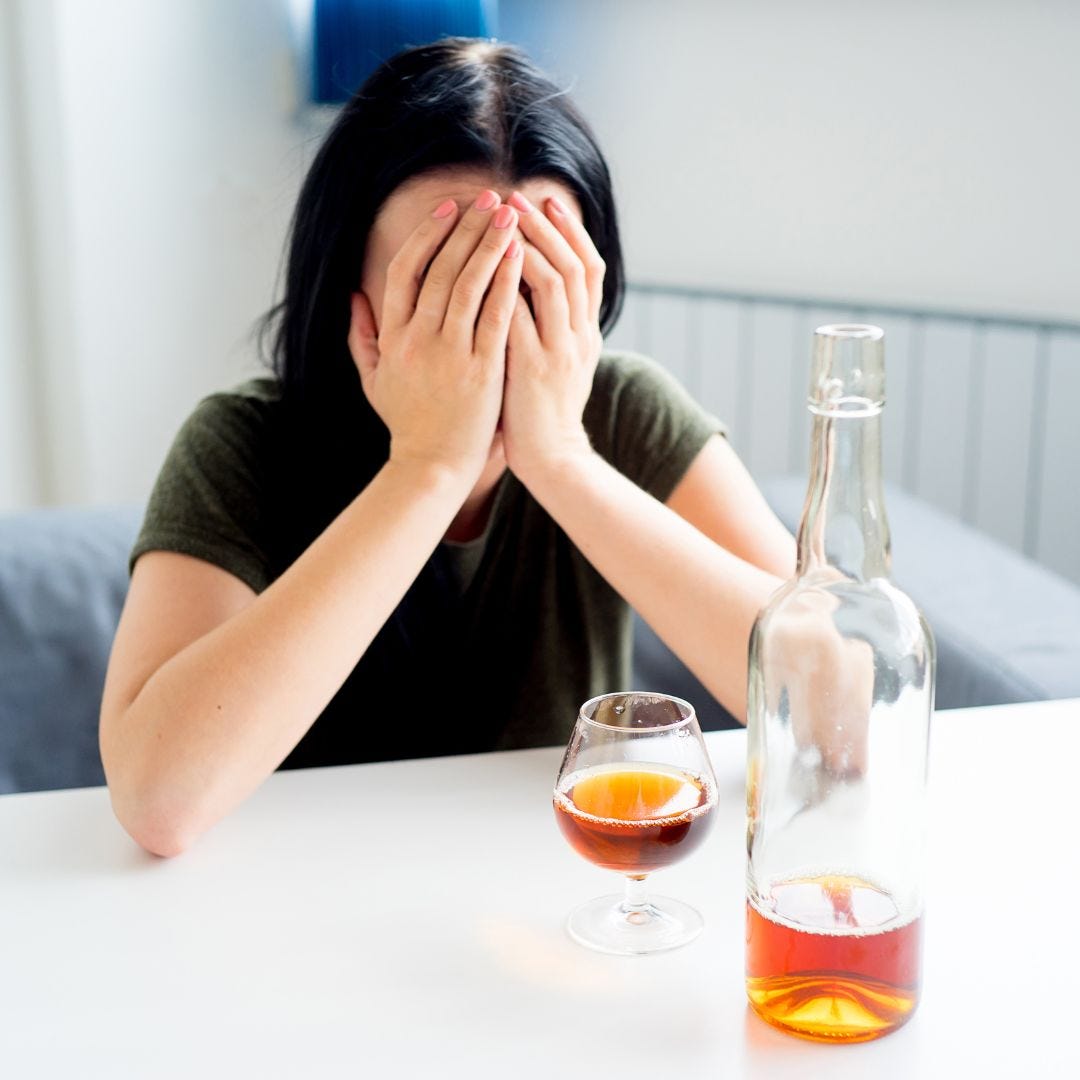
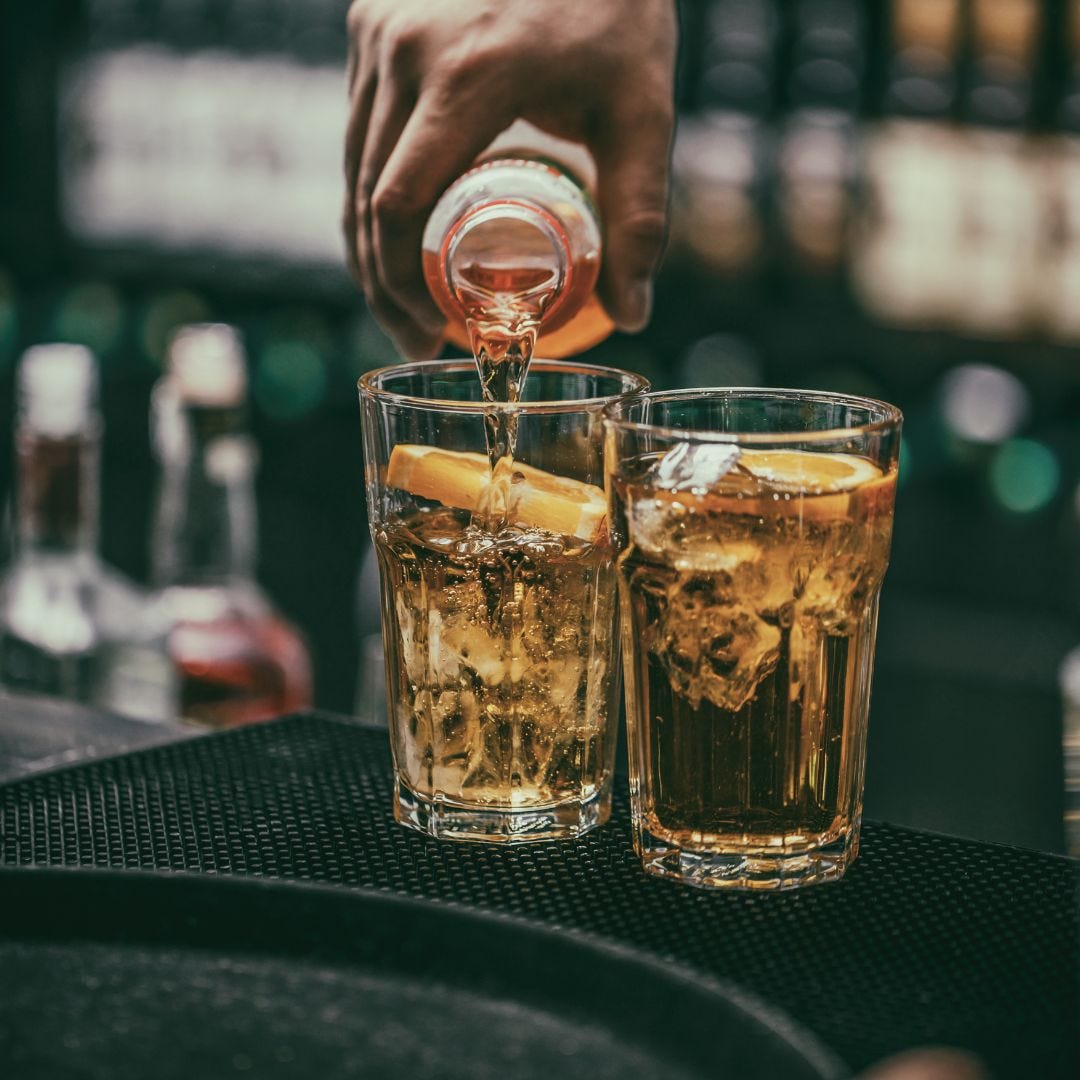
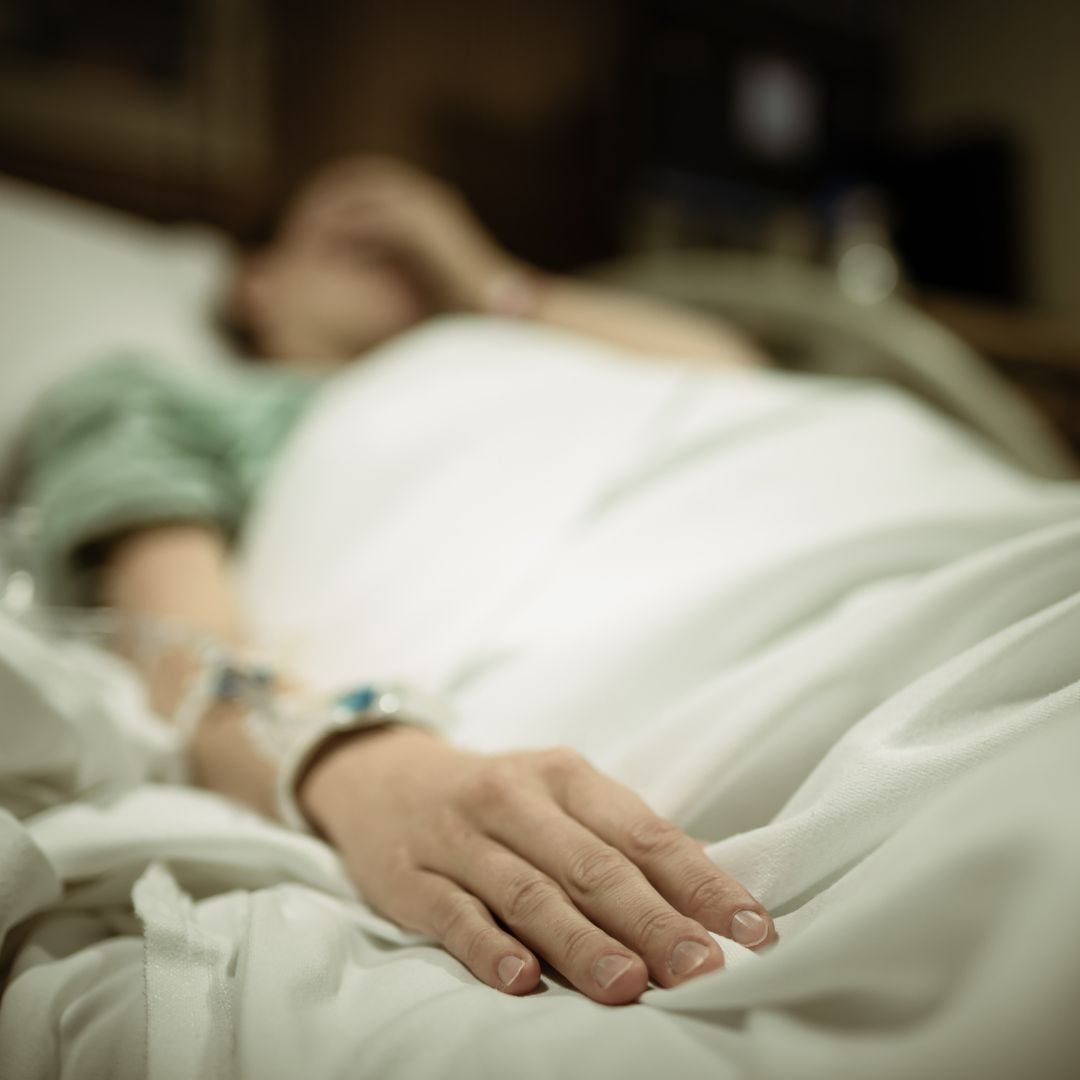
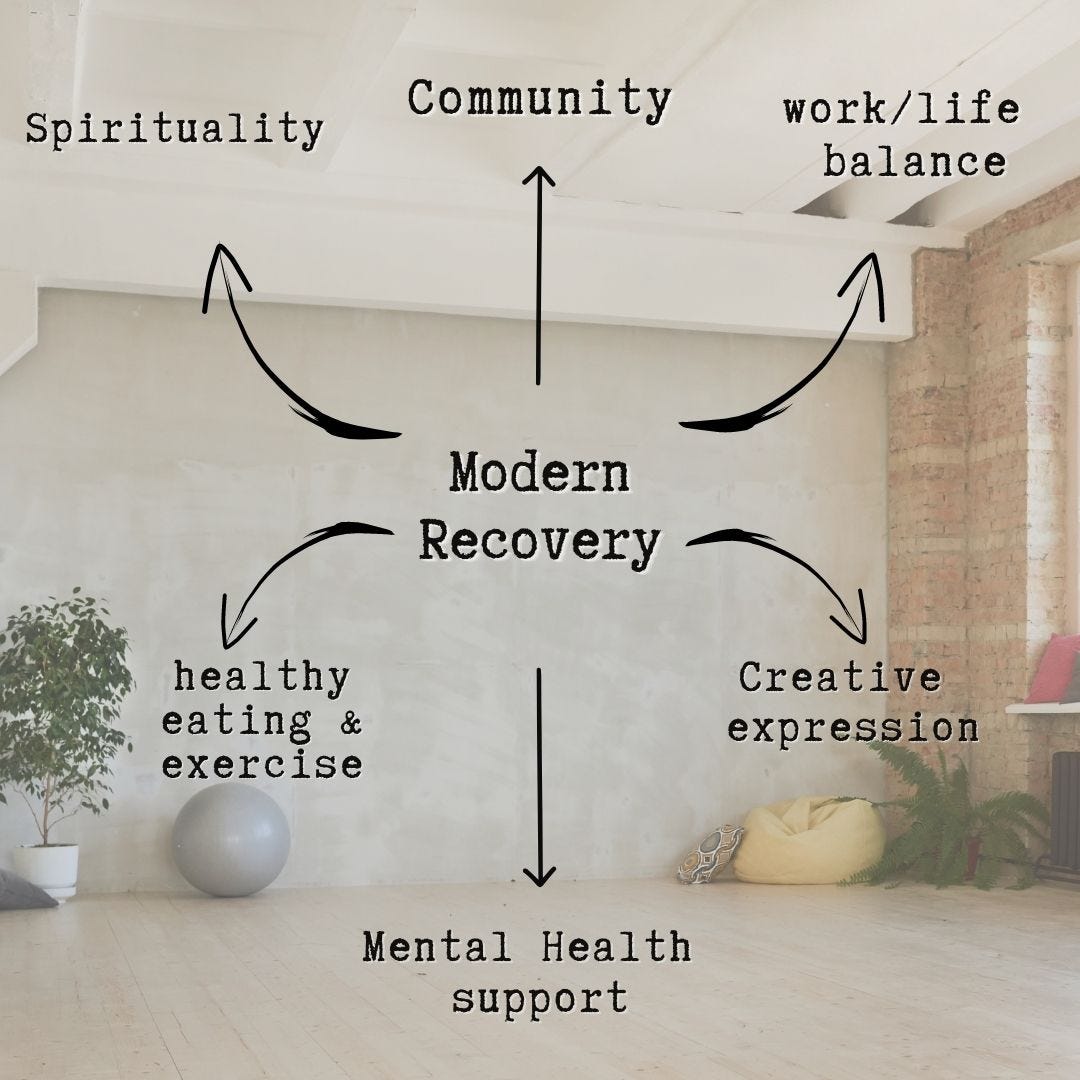
Thank you Ann! 👏🙏